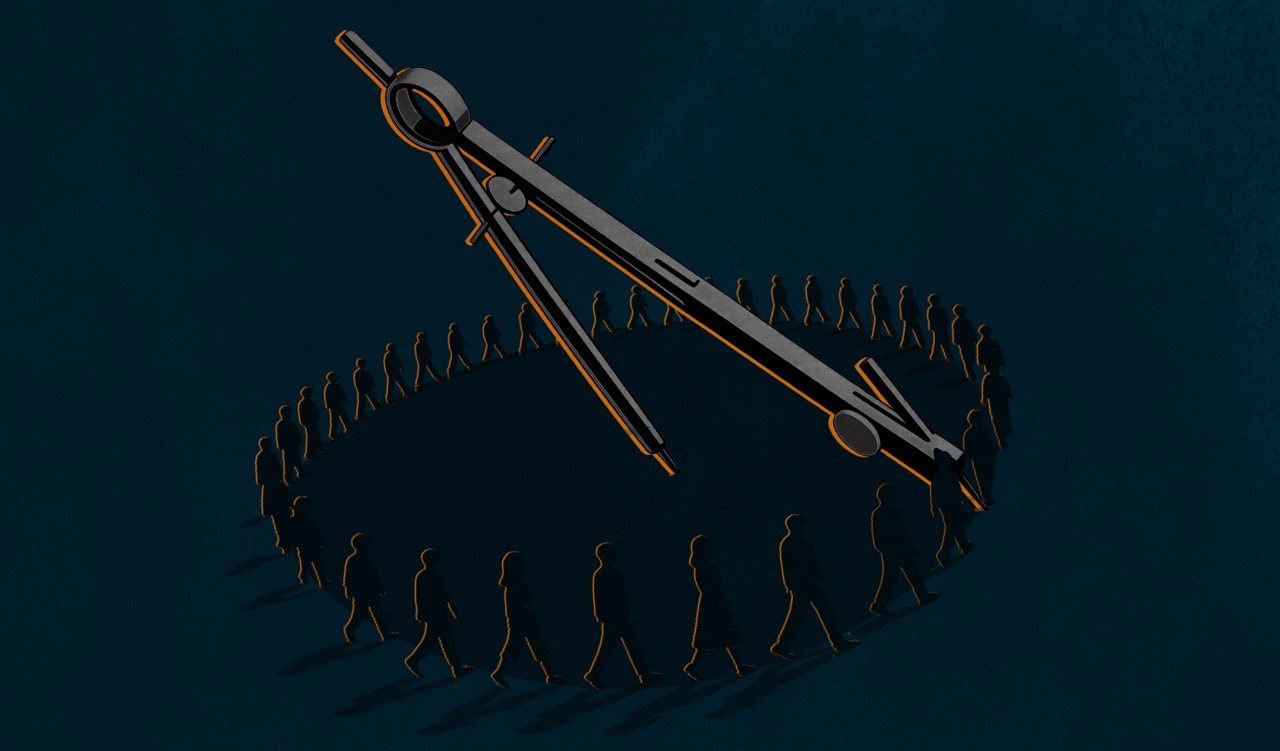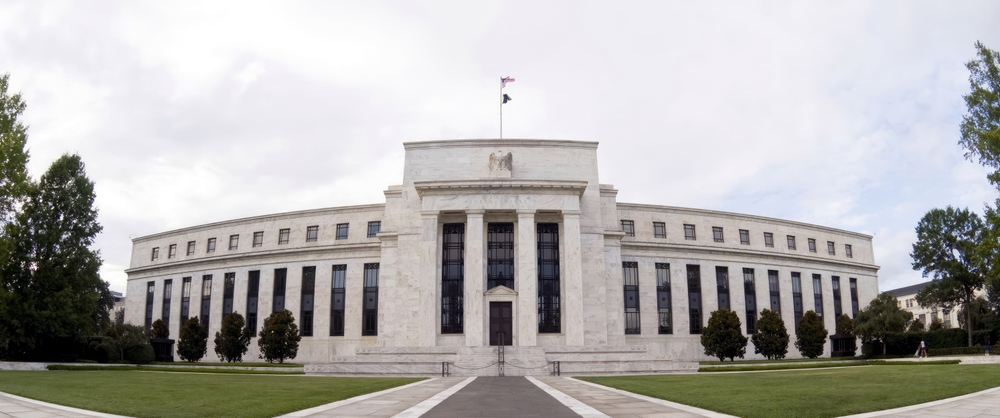
The Union of the Americas and the Ideal of Freedom
America's success is due to its early embrace of capitalism and its commitment to safeguarding individual freedoms. Latin America needs to focus on negative liberty, effective policy, and economic growth.
The United States of America and the Latin American countries achieved independence at roughly the same time. The Enlightenment motivated both the American and Latin American founders. The two regions share geographical closeness, a colonial history, and Enlightenment-influenced independence movements. Despite these similarities, however, the United States has achieved far more political, economic, and social success than Latin America has.
One of the strongest reasons for this disparity is the U.S.’s early emphasis on capitalism, democracy, and personal freedom. Its union was achieved only because the thirteen original colonies, led by men such as George Washington, who believed in republican and constitutional ideals.. In contrast, Latin America’s political power was distributed more evenly across the continent, which made unification difficult south of the Rio Grande. Brazil, because of the Portuguese monarchy’s relocation and São Paulo’s dominance, was a lone exception. The Empire remained in Brazil from 1822 to 1889.
Why has development between the regions been so grossly uneven? One area of particular disparity is economic and sociological. Max Weber attributed the early emergence of capitalism in the U.S. to its Protestant heritage. The religious drive to prove one's status as being among God's elect promoted American achievement and community generosity. Examples of successful citizens giving back to society—from the Rockefeller Foundation to the Bill & Melinda Gates Foundation—fill American history.
The American model evolved from the bottom up, from the individual to society. This is the U.S.’s best kept secret. The Enlightenment aimed to establish government as the protector of individual rights. Central Europe evolved in the opposite direction: from a society as a collective to the individual, who was conceived as being in the service of the state. This led to fascist collectivism from the right. From the left, the individual’s value was tied to his service to society. In both instances, the individual's life project belonged to the state.
Thus, it is ironic but expected that post-war European democracies would embrace Otto von Bismarck's social rights model and construct society from the state downwards instead of allowing it to develop organically from market forces. This paternalistic policy influenced intellectuals such as Ronald Dworkin and, to a lesser degree, John Rawls. Liberal thinker Isaiah Berlin made the notions of negative and positive freedoms more explicit: negative freedom renders individuals capable of pursuing their own purposes independently of state guidance, while positive freedom typically involves state guidance. This is why freedom of opinion, religion, education, choice, etc., is so crucial for capitalism, democracy, and U.S.-modeled states to flourish.
Progressive liberal ideology's positive freedoms—access to healthcare or education, for example—are useful only if they contribute to the development of individual projects. In many cases, interest groups have captured the regulators of the positive freedoms that are supported to a greater extent (material freedoms) or a lesser extent (freedom of opportunity) in America and Latin America, resulting in terrible effects in education, health care, and pensions.
Policymakers must understand that bestowing positive freedoms necessarily involves a loss of negative freedoms. Any economic policy requires taxes and hence entails a net social loss. Public policy must encourage positive freedom while also defending negative freedom. Economic expansion is crucial, as the varying trajectories of the U.S. and Latin America since their independence testify. Even minor variations in millennium G.D.P. growth, as presented by Angus Maddison (2001, The World Economy: A Millennial Perspective), have created enormous disparities in well-being. Public policy must also be effective and prioritize the most socially beneficial initiatives.
As these differences come into view, it is up to us to clarify them and to disseminate them throughout Latin America—and even within the United States.
Rodrigo Barcia Lehmann is a former dean and currently a law professor at Universidad Autónoma de Chile. He is a member of BeLatin. His most recent book is entitled Contracts, and General Theory of Contract.
Economic Dynamism
.jpg)
Do Dynamic Societies Leave Workers Behind Culturally?
Technological change is undoubtedly raising profound metaphysical questions, and thinking clearly about them may be more consequential than ever.

The War on Disruption
The only way we can challenge stagnation is by attacking the underlying narratives. What today’s societies need is a celebration of messiness.

Unlocking Public Value: A Proposal for AI Opportunity Zones
Governments often regulate AI’s risks without measuring its rewards—AI Opportunity Zones would flip the script by granting public institutions open access to advanced systems in exchange for transparent, real-world testing that proves their value on society’s toughest challenges.

Downtowns are dying, but we know how to save them
Even those who yearn to visit or live in a walkable, dense neighborhood are not going to flock to a place surrounded by a grim urban dystopia.

The Housing Crisis
Soaring housing costs are driving young people towards socialism—only dispersed development and expanded property ownership can preserve liberal democracy.

Oren Cass's Bad Timing
Cass’s critique misses the most telling point about today’s economy: U.S. companies are on top because they consistently outcompete their global rivals.

Blocking AI’s Information Explosion Hurts Everyone
Preventing AI from performing its crucial role of providing information to the public will hinder the lives of those who need it.



.jpeg)




.jpg)





